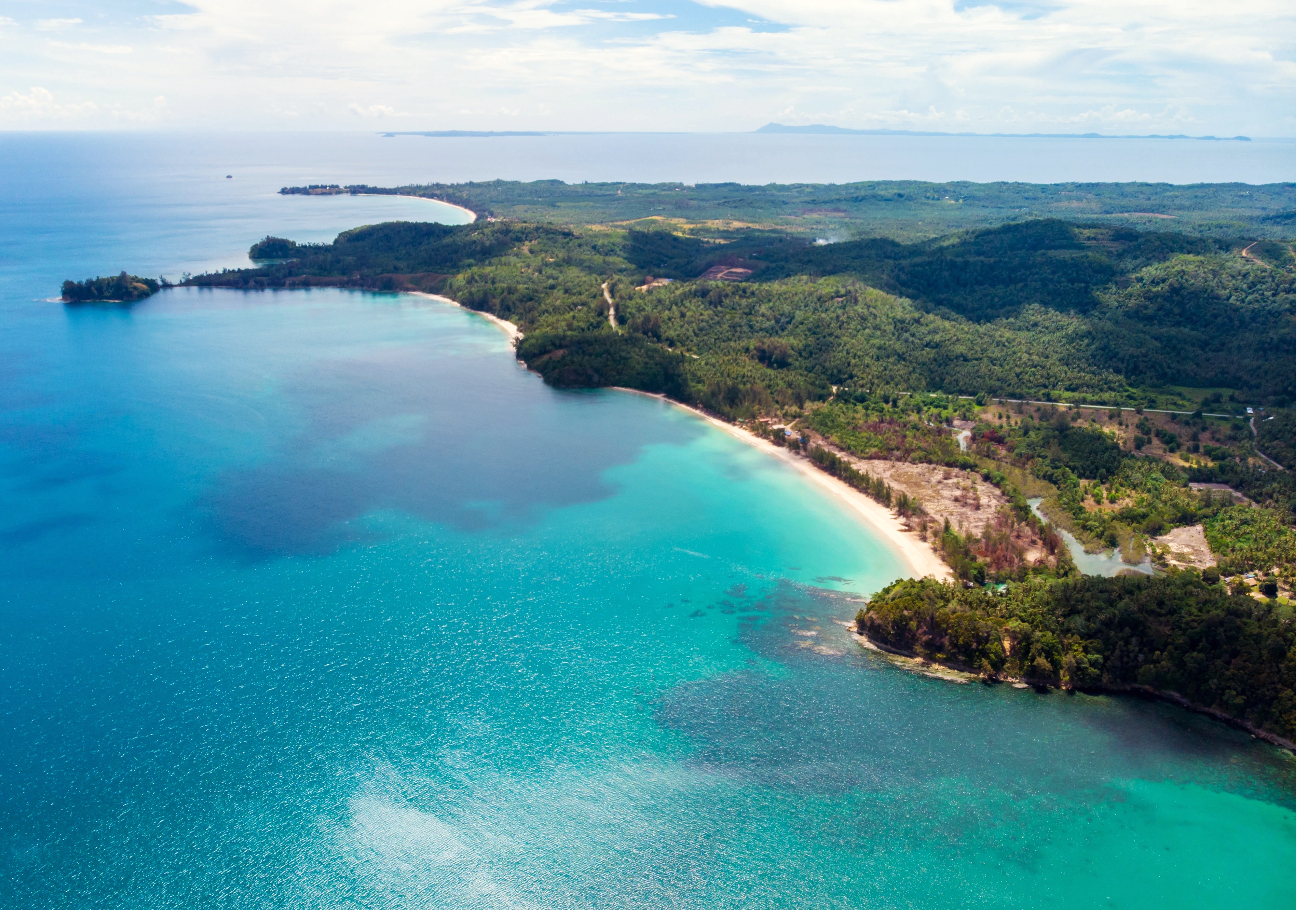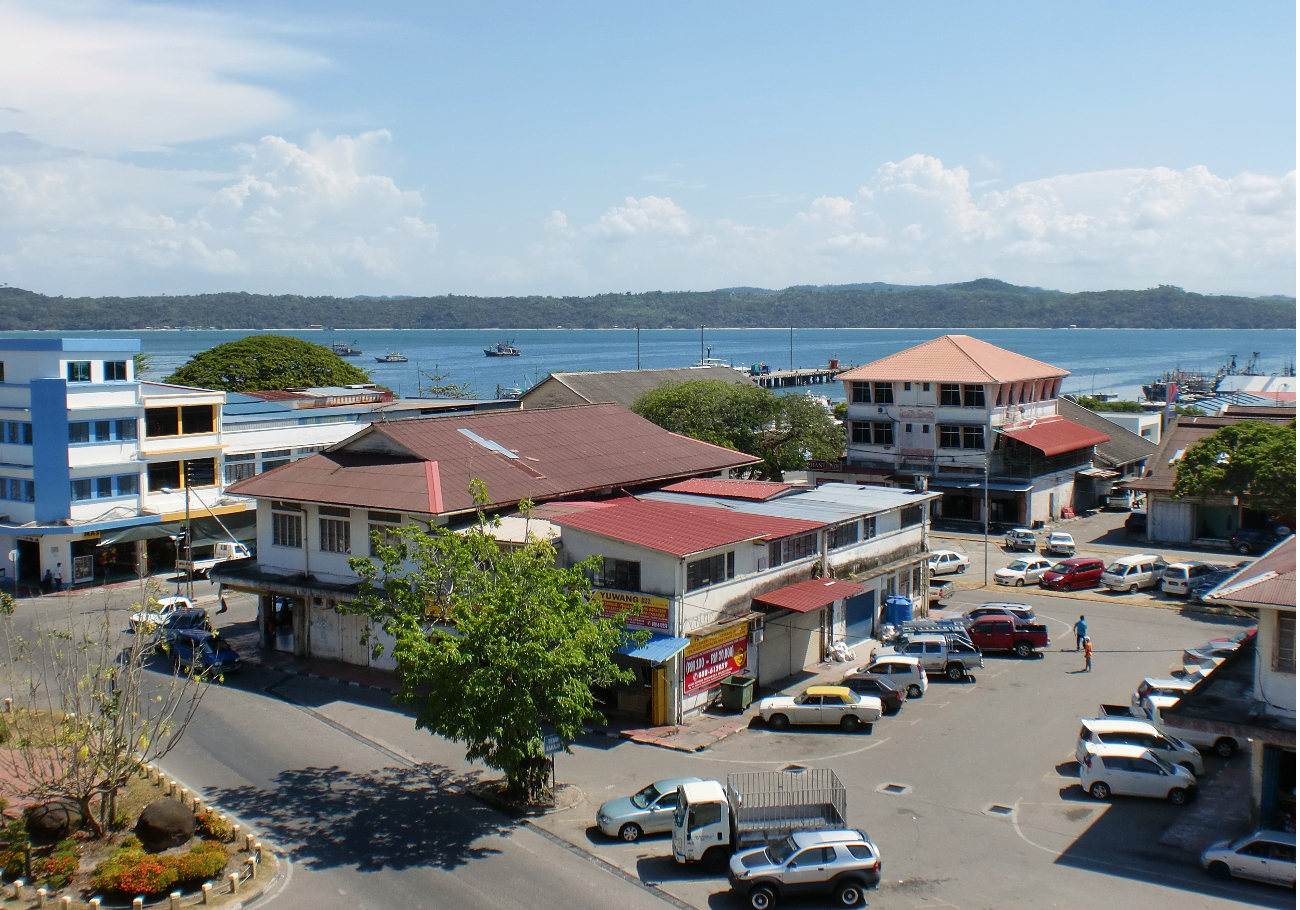
Britain has officially removed its travel advisory for islands and dive sites near Kudat, acknowledging the substantial security improvements over a decade after the Lahad Datu incursion in 2013.
British High Commissioner to Malaysia, Ailsa Terry, expressed the change as a testament to Malaysia’s efforts in enhancing security in eastern Sabah.
This significant alteration allows thousands of British nationals residing in or visiting Malaysia to explore more of the country.
However, it’s crucial to note that the travel advice persists against all but essential travel to islands and dive sites from Sandakan to Tawau, encompassing Lankayan Island.
Travel advisory comes as a noteworthy

The British government’s travel advisory comes as a noteworthy development, marking the first major change since the 2013 Lahad Datu incursion involving over 200 Sulu terrorists.
The incident resulted in the loss of lives, including 56 militants, 10 Malaysian security force personnel, and six civilians.
Previously, the Foreign, Commonwealth & Development Office (FCDO) had cautioned against all but essential travel to areas along the coast of eastern Sabah due to the heightened risk of kidnapping by pirates or Sulu militants.
Ailsa emphasised that the travel advisory review had been a top priority, and the positive outcome is a testament to Malaysia’s ongoing efforts to enhance security in eastern Sabah.
This travel advice review has been a priority since I arrived in August this year and I am very pleased that thousands of British nationals who call Malaysia home or visit every year will now be able to see more of this amazing country,” she said in a statement on Wednesday
Sabah CM lauded the UK’s decision

Despite this significant change, the advisory remains in place for islands and dive sites spanning from Sandakan to Tawau, including Lankayan Island.
The Sabah Chief Minister, Datuk Seri Hajiji Noor, lauded the UK’s decision, expressing hope that other nations would follow suit.
He highlighted Sabah’s safety for both visitors and business activities, citing the recent security assessment by the Malaysian Security Council, Home Ministry, and the Sabah state government.
With the Royal Malaysia Police Force assuring the maintenance of control over security and the lifting of curfew orders, Sabah invites visitors to explore its wonders with confidence.
The Chief Minister’s encouragement aligns with the belief that Sabah, having welcomed over 150,000 foreign tourists from January to September, remains a secure and thriving destination.
As Britain’s travel advisory shift signals a positive turn, Sabah anticipates a renewed influx of international visitors, fostering its reputation as a safe and welcoming region.











